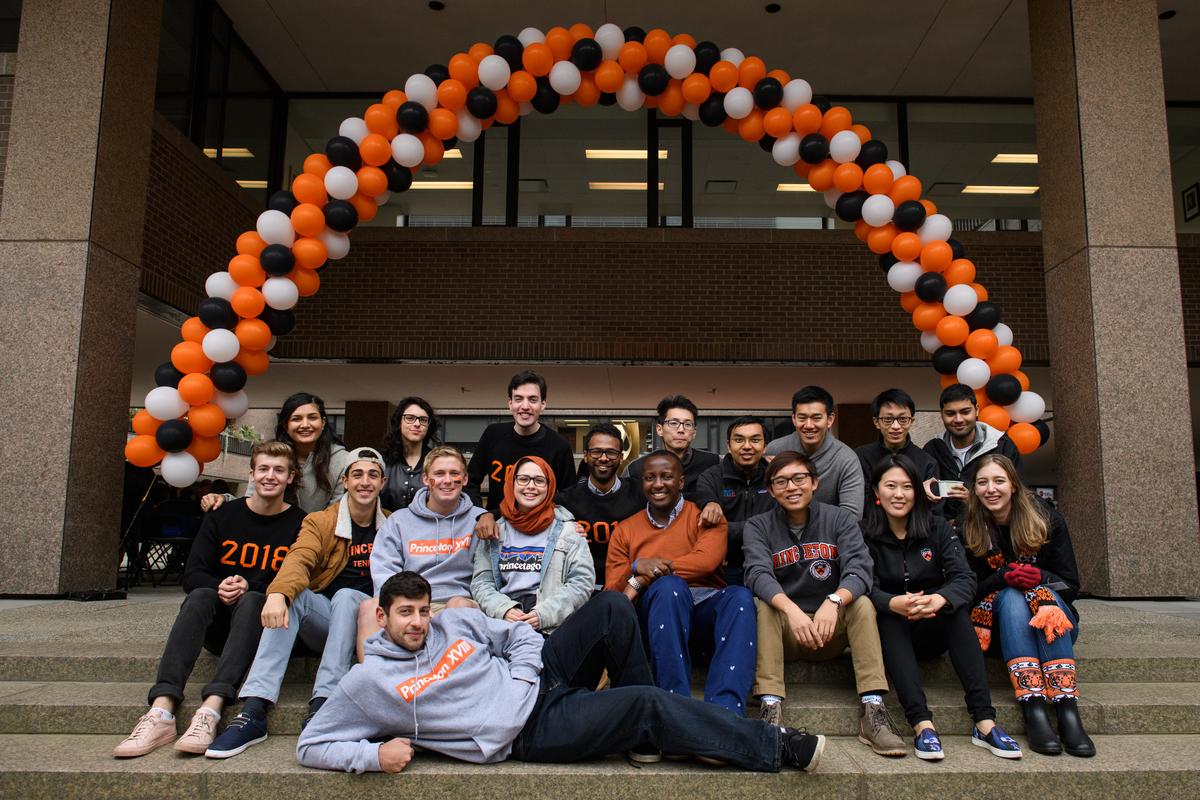Ad Hoc Committee on Financial Vitality
Ad Hoc Committee on Financial Vitality
The Ad Hoc Committee on Financial Vitality was formed on July 1, 2021, to determine the ongoing role of or need for class officers to solicit class dues now that classes are no longer responsible to pay the PAW. The committee examined recent alumni classes to determine if a generational shift in attitude and support toward class dues exists. In addition, the committee explored preconceptions regarding class dues vs. Annual Giving. The goal was to determine best-practice protocols to help strengthen Princeton alumni engagement and secure the financial well-being of classes.

The Process
Over the past year, the Alumni Council’s Committee on Financial Vitality in partnership with the Class Affairs Committee conducted focus groups and discussions to help understand how class dues are perceived.
- Alumni Council Planning and Review Committee Session: The committee had a robust discussion in which a consensus was determined around the importance of class dues as an engagement vehicle to create camaraderie and community.
Findings: Overall, there was agreement that asking for class dues can be an active engagement opportunity now that class unity is at the forefront rather than paying the PAW bill. - Meetings with Class Treasurers: In March, two focus groups were conducted with the older classes and two were held with recent classes.
Findings: Classes are still interested in continuing the practice of collecting class dues and see the value of building a treasury that can support class community. The older and more recent alumni are equally interested in learning about new ideas on how to effectively utilize class dues. - Recent Alumni Discussions: Understanding that our focus groups consisted of class treasurers who voluntarily participated in a group, we made a special effort to talk to the most recent alumni class treasurers who might have different perceptions.
Findings: Although their predecessors might not have solicited class dues, the treasurers want to “reboot” class dues around creating new class traditions and engagement. They were excited about the possibilities now that paying for the PAW has been eliminated. Like everyone else with whom we met, they are seeking ideas that will promote class engagement.
Additional Key Findings
- Education Regarding the Role of Class Dues: Our concerns were realized: There is a tremendous amount of confusion among alumni between class dues and Annual Giving. Going forward, we need to encourage class officers to continually make the distinction by providing reasons to pay class dues. We also want to encourage class officers to keep solicitations for class dues separate from Annual Giving so as not to add to the confusion.
- Changing Nomenclature of “Class Dues”: We discussed whether we should rename “class dues” to something like, Class Community Fund (among a host of contenders). At this time, we do not feel that we should change the name. The moniker does not seem to be a hindrance and changing the name might only lead to more confusion.